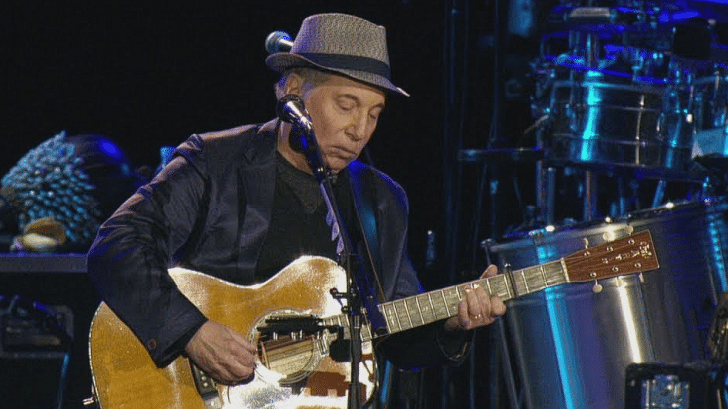Songwriting is a delicate art, where artists weave melodies and lyrics together to create timeless pieces of music. Each artist has a unique approach, crafting their songs like intricate puzzles. In the vibrant era of the 1960s, two iconic figures, Paul Simon and John Lennon, stood out, each with their distinctive songwriting styles. While both created musical masterpieces, Simon found himself at odds with Lennon, particularly when it came to political songs.
Paul Simon, renowned for his mellow folk rock tunes, embarked on a journey of musical exploration during his tenure with Simon and Garfunkel.
From the poignant ‘The Sound of Silence’ to the whimsical ‘The 59th Street Bridge Song (Feelin’ Groovy),’ Simon honed his craft across albums like ‘Parsley, Sage, Rosemary and Thyme’ and ‘Bookends.’ Meanwhile, John Lennon, a pivotal force in The Beatles, delved into political themes, crafting powerful tracks like ‘Revolution’ that challenged the status quo.
View this post on Instagram
However, Simon didn’t resonate with Lennon’s approach to politics. Specifically, Lennon’s solo effort, ‘Power to the People,’ failed to strike a chord with Simon. In an interview with Rolling Stone, Simon expressed his disconnection:
“It offends me. I don’t feel it talking to me at all. John Lennon’s not interested in me when he makes that statement. I’m outside that record. It’s not affecting me.” Simon believed that Lennon’s political statements lacked innovation, stating, “I find that he seldom says anything that’s interesting or innovative to me, and yet, I listen, based on a long-standing respect.”
Despite their differences, Simon acknowledged Lennon’s impact but critiqued his lack of originality.
Lennon, in turn, responded by calling Simon a “singing dwarf,” highlighting the tensions between the great songwriters of their time.
While Simon was candid about his opinions, it’s essential to recognize the power of universal themes in music. Lennon’s ‘Power to the People,’ despite its simplicity, resonated widely, proving that clichés can sometimes serve as effective conduits for impactful messages.

